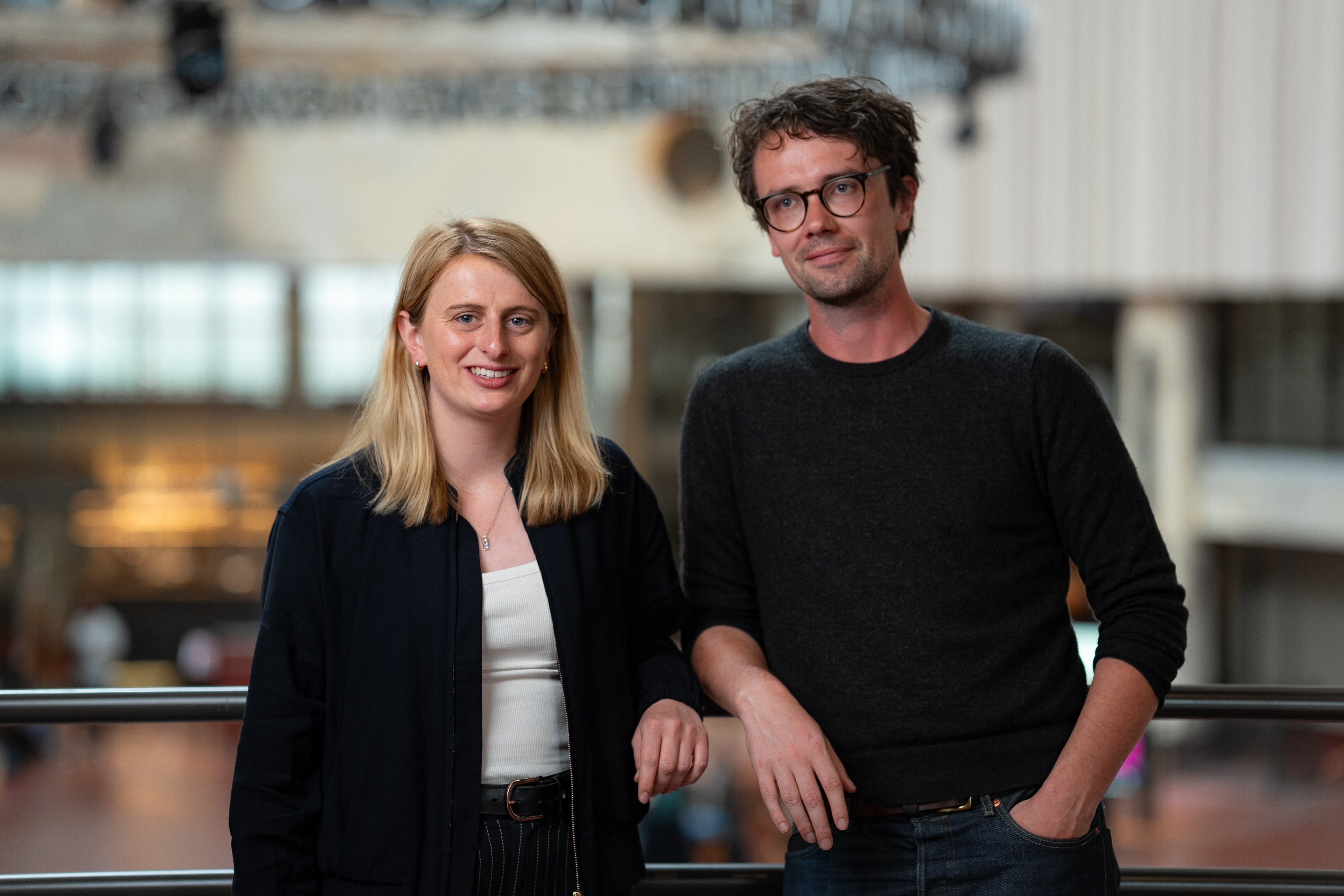For over a century, humanity has fought harmful insects with chemistry. But pesticides are losing ground: insects evolve faster than chemical interventions, while collateral damage to ecosystems and human health continues to mount.
Biocentis, a London- and Milan-based biotech spin-out from Imperial College, believes the answer lies in working with biology, not against it. The company has raised $19 million to advance its mission of protecting health, agriculture, and biodiversity from insect-borne threats.
Why insects are winning – and why it matters
Disease-carrying insects infect hundreds of millions of people annually, causing nearly a million deaths. Agricultural pests destroy up to 25% of global crop yields, costing hundreds of billions each year.
Mosquitoes carrying tropical diseases are now reaching the US and Europe, while farmers struggle to contain invasive pests. Early detection and rapid response remain elusive, and the climate crisis is accelerating the spread of harmful species.
Biocentis’ biology-first solution
Biocentis’ proprietary genome engineering platform develops insects carrying genetic traits that reduce fertility within target species. When released, these insects mate with wild populations, shrinking their numbers without harming other species or the environment.
The company aims to work with biology, not against it. It uses insects’ own reproductive instincts to control harmful populations safely and precisely. Once releases stop, the engineered traits disappear – leaving no environmental footprint.
The company also uses AI-powered digital twins to simulate biological systems in real-world conditions, accelerating development and helping decision-makers anticipate emerging risks.
“Our insects instinctively seek out and mate with others of their own species, ensuring precision and high efficacy,” says Federico Guelpa, co-founder and chief business officer at Biocentis.
“Our software allows us to predict outcomes and build confidence among stakeholders – helping them foresee and manage future challenges,“ he tells AgTechNavigator. ”And because we don’t use toxic substances, humans and other species remain unharmed.”
First targets: mosquitoes and fruit flies
Biocentis’ initial portfolio focuses on two high-impact species: Aedes aegypti, a mosquito transmitting dengue, Zika, yellow fever, and chikungunya; and Drosophila suzukii, an invasive fruit fly threatening global berry and cherry production.
Field trials are planned in the US, Brazil, and other key markets, with commercial deployment expected after at least two years of testing.
How Biocentis differs from SIT
Traditional Sterile Insect Technique (SIT), used by agencies like the USDA, requires massive release volumes and costly mechanical sex separation. Irradiation often reduces insect fitness, further inflating costs.
Sterile insect techniques work, but they’re expensive and operationally complex, believes Guelpa. “You need huge numbers of insects, and mechanical sex sorting is labour-intensive. We’ve engineered a solution that achieves the same suppression effect with far fewer insects and hands-free sex sorting.”
Regulatory landscape and market focus
Brazil and the US have clear precedents for genetically engineered insect releases, with Oxitec’s mosquitoes already approved for retail use in Brazil. Europe remains more conservative regarding genetically engineered products and is not a near-term target for Biocentis.
While public health is a priority, Guelpa sees agriculture as the biggest long-term opportunity: “We see most of our future pipeline in agriculture,” Guelpa says “as the majority of insect pests pose a threat to food security.”
He anticipates the company’s two lead products being effective at both small and larger scales. Biocentis’ programmable biology platform is also designed to extend to new species and applications. “We do not envisage a service model,” Guelpa adds. “Services are more difficult to scale and the technology is intended to be simple enough for application by end-users.”
The road ahead
Biocentis plans to transfer its strains to target geographies next year for contained testing, followed by field trials. Commercial deployment will require at least two years of trials and regulatory approvals.
Biocentis’s goal is simple: to make insect control more effective, safer, and sustainable. “Insect challenges are accelerating beyond what traditional tools can handle,” adds Giorgio Rocca, co-founder and CEO of Biocentis. “The only answer is a new trajectory – technologies like ours that redefine what effective, safe, and sustainable control really means.”




